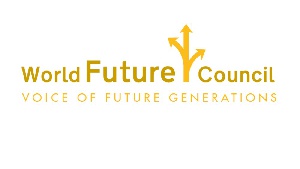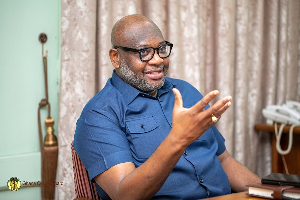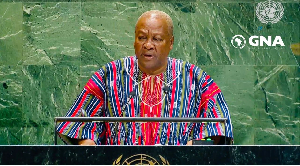World Future Council (WFC) in a report have described One Stop Centre (OSC) model as an effective child protection mechanism in a development setting.
The Centre is usually located in a health facility typically the emergency centre, or could also be a stand-alone facility within or near the collaborating hospital and provides multi-sectoral case management for survivors, including Health, Welfare, Counselling, Police and legal services all in one location.
The report states that “Ghana Child and Family Welfare Policy recognizes the disjoint between laws and policies that seek to address and protect children and the actual implementation of those laws.”
“From the perspective of the child and her/his family, this kind of collaboration helps to avoid the trauma of repetitive narration of the incident to different people, at different times and different places. This model makes reporting of child abuse cases much easier for survivors and their families thereby providing the enabling environment for them to thrive.”
The model according to WFC originated from Malaysia and is now being operated in several countries in South Asia and Africa.
“Kenya, Zambia, South Africa, Rwanda, Cote D’Ivoire and the Zanzibar, the semi-autonomous region of Tanzania are some of the African countries currently running the integrated system where young victims are offered secured, comfortable and confidential services including protection from further violence, criminal investigations, medical testing and court referrals as well as treatment for physical and psychological trauma in a coordinated manner.”
The report noted that Zanzibar One Stop Centre model falls under the Zanzibar Children’s Act where it pioneers a comprehensive child rights law covering custody; foster parenting; guardianship as well as the roles and responsibilities of professionals and institutions in providing services for children.
It also deals with children in need of care and protection and those in conflict with the law.
General News of Wednesday, 14 November 2018
Source: www.ghanaweb.com













